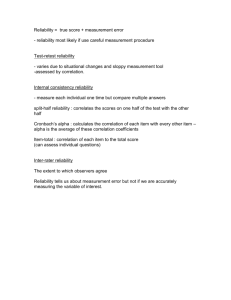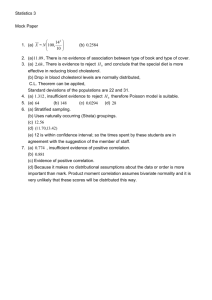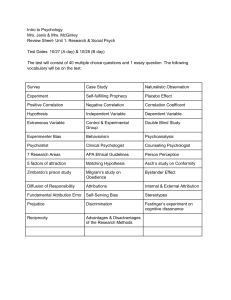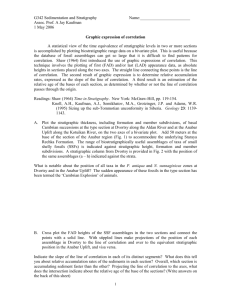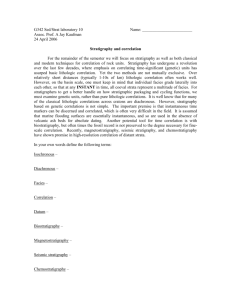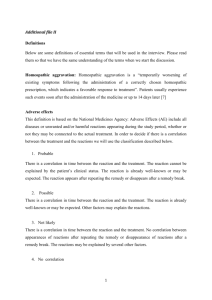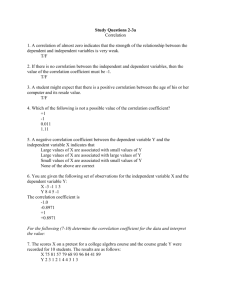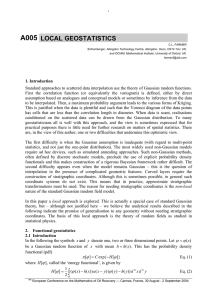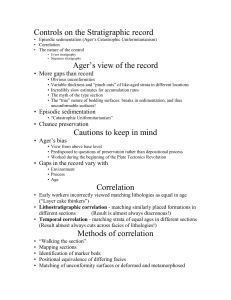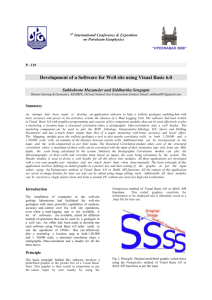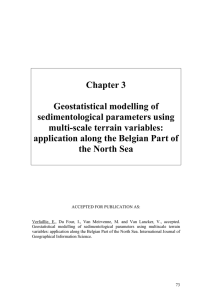On-line supplementary material: Field correlation at the Villarroya
advertisement
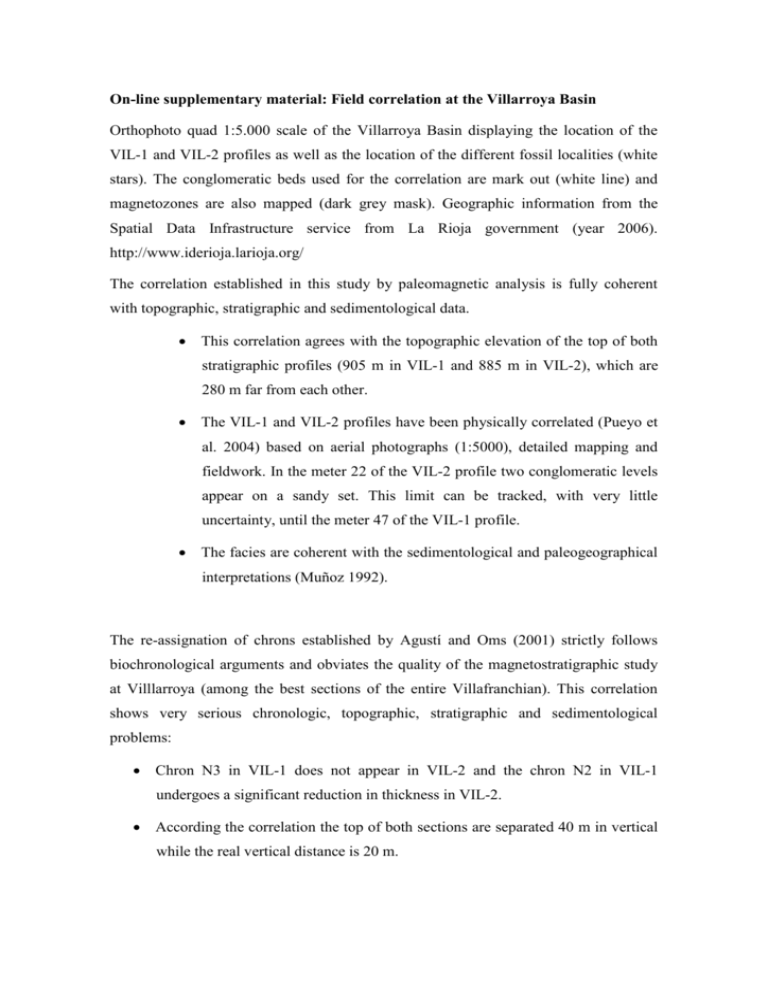
On-line supplementary material: Field correlation at the Villarroya Basin Orthophoto quad 1:5.000 scale of the Villarroya Basin displaying the location of the VIL-1 and VIL-2 profiles as well as the location of the different fossil localities (white stars). The conglomeratic beds used for the correlation are mark out (white line) and magnetozones are also mapped (dark grey mask). Geographic information from the Spatial Data Infrastructure service from La Rioja government (year 2006). http://www.iderioja.larioja.org/ The correlation established in this study by paleomagnetic analysis is fully coherent with topographic, stratigraphic and sedimentological data. This correlation agrees with the topographic elevation of the top of both stratigraphic profiles (905 m in VIL-1 and 885 m in VIL-2), which are 280 m far from each other. The VIL-1 and VIL-2 profiles have been physically correlated (Pueyo et al. 2004) based on aerial photographs (1:5000), detailed mapping and fieldwork. In the meter 22 of the VIL-2 profile two conglomeratic levels appear on a sandy set. This limit can be tracked, with very little uncertainty, until the meter 47 of the VIL-1 profile. The facies are coherent with the sedimentological and paleogeographical interpretations (Muñoz 1992). The re-assignation of chrons established by Agustí and Oms (2001) strictly follows biochronological arguments and obviates the quality of the magnetostratigraphic study at Villlarroya (among the best sections of the entire Villafranchian). This correlation shows very serious chronologic, topographic, stratigraphic and sedimentological problems: Chron N3 in VIL-1 does not appear in VIL-2 and the chron N2 in VIL-1 undergoes a significant reduction in thickness in VIL-2. According the correlation the top of both sections are separated 40 m in vertical while the real vertical distance is 20 m. The physical correlation of both sections shows significant vertical variation in a horizontal framework, where, except in the base of the series (see figure above), is no significant deformation or tilting of the series. The lacustrine facies in VIL-1 are related with alluvial fans in VIL-2.
